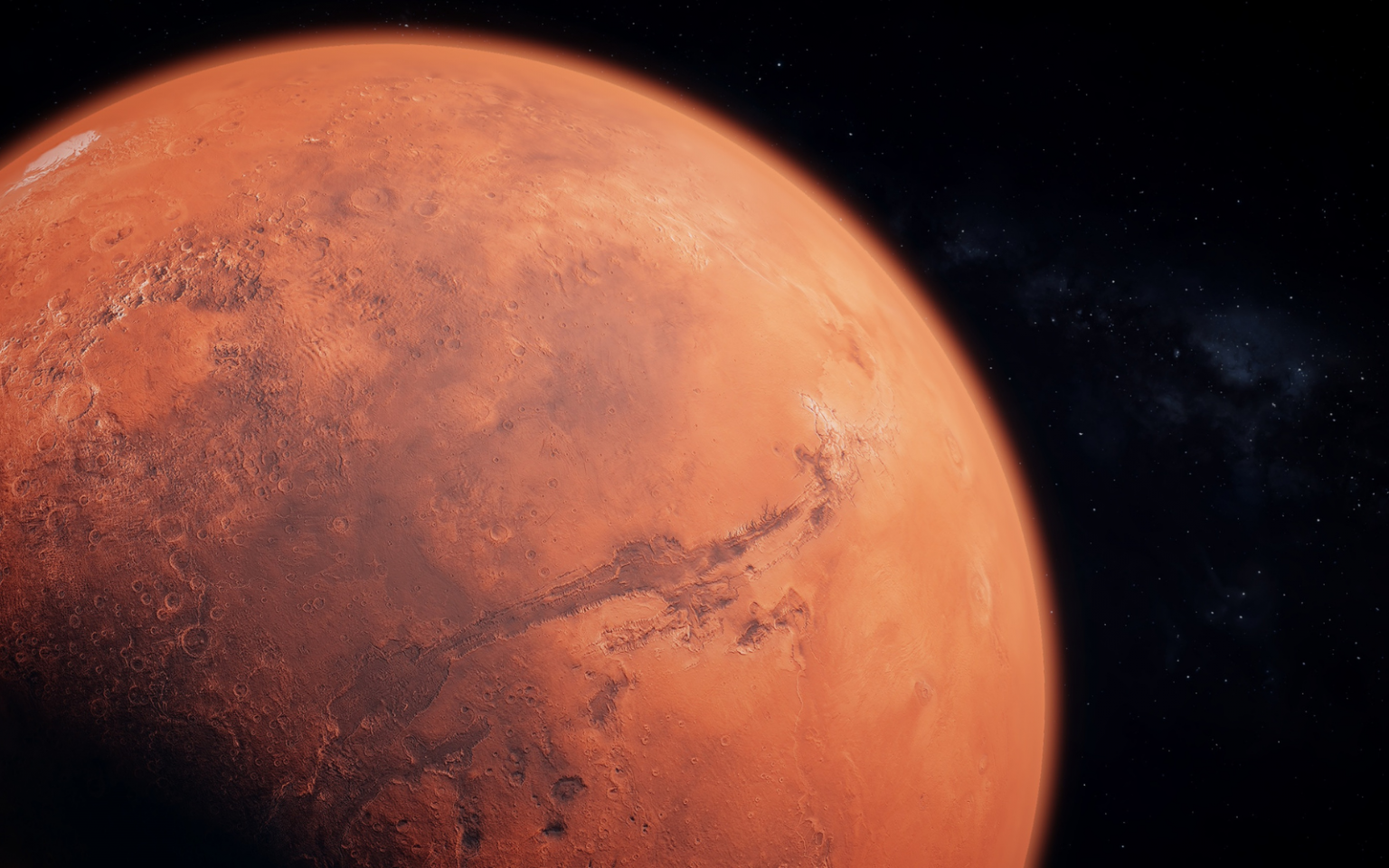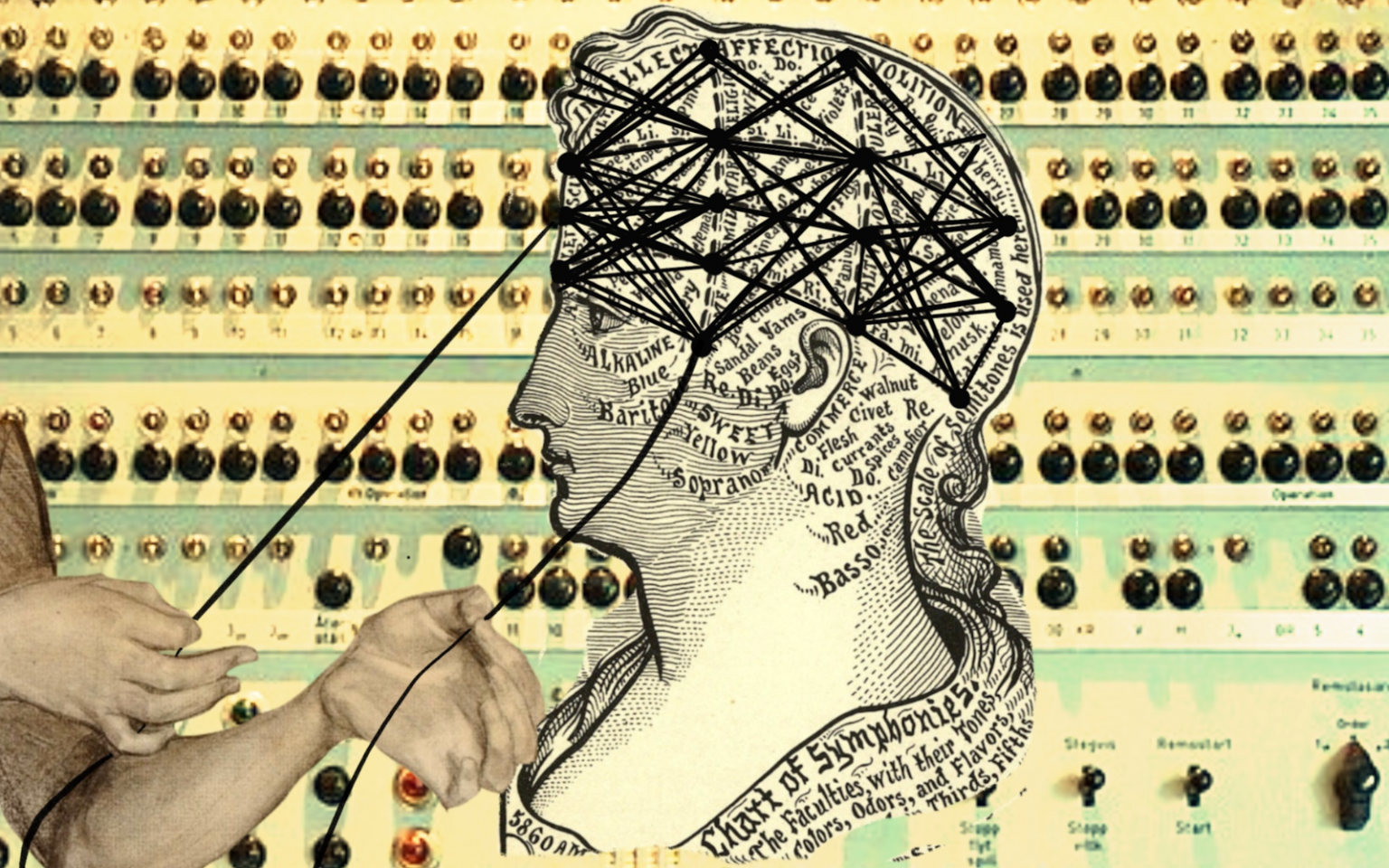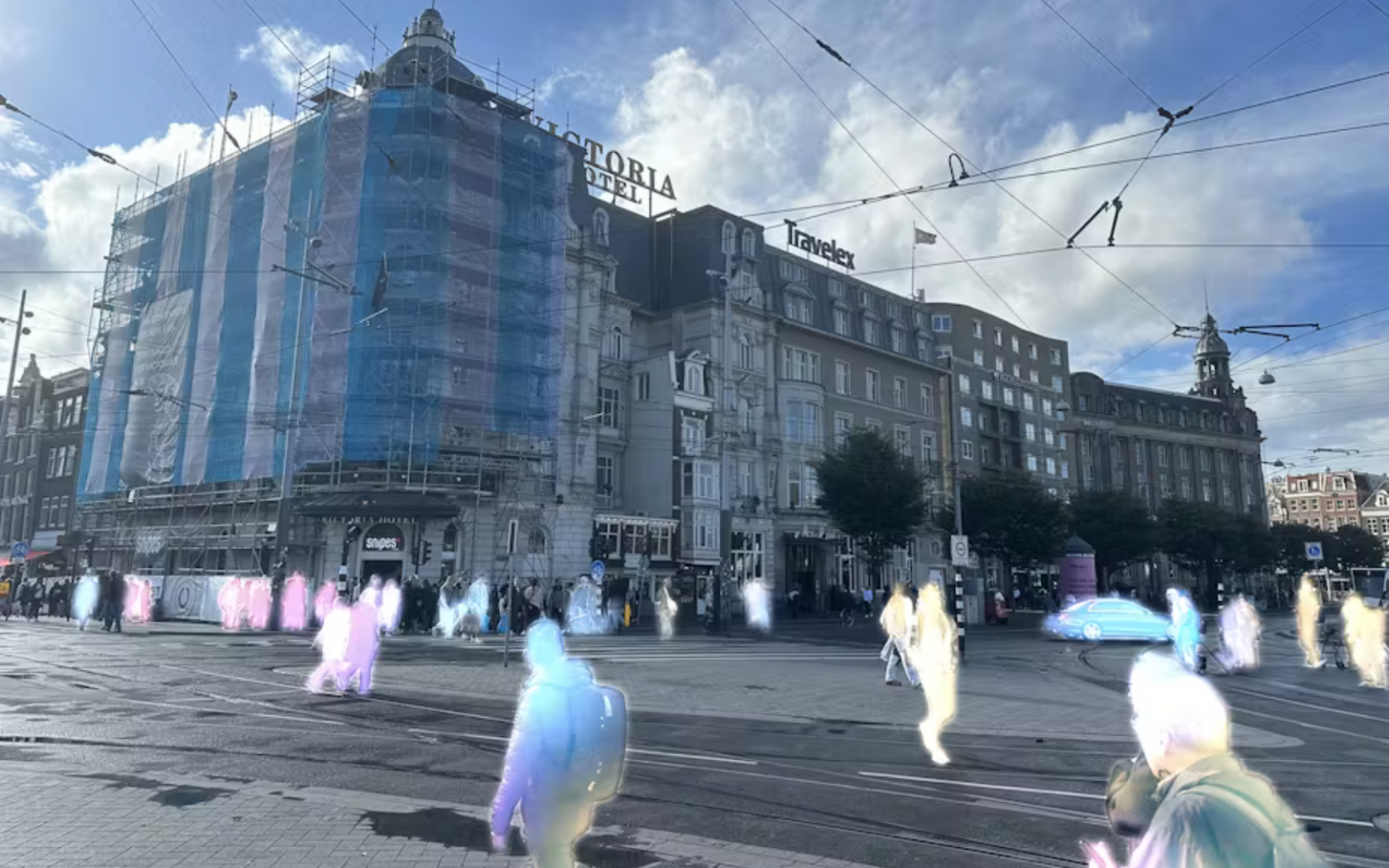I’m more of a scroller than a poster on social media. Like many people, I wind down at the end of the day with a scroll binge, taking in videos of Italian grandmothers making pasta or baby pygmy hippos frolicking. For a while, my feed was filled with immaculately designed tiny homes, fueling my desire for a minimalist paradise. Then, I started seeing AI-generated images; many contained obvious errors such as staircases to nowhere or sinks within sinks. Yet, commenters rarely pointed them out, instead admiring the aesthetic. These images were clearly AI-generated and didn’t depict reality. Did people just…
Author: The Conversation
A field known as synthetic biology has become one of the most highly anticipated in science. Its outputs range from golden rice, which is genetically engineered to provide vitamin A, to advances stemming from the Human Genome Project, which successfully mapped the entire human genome. Prominent voices in biotechnology have heralded it as the next wave of the future of innovation. Synthetic biology is the use of genetic engineering and other advances in biotechnology to generate new organisms or manipulate existing ones to produce the effects you desire. It is what the British biologist Jamie A. Davies calls “the creation of new living systems…
There have been several headlines over the past week about an AI chatbot officially passing the Turing test. These news reports are based on a recent preprint study by two researchers at the University of California, San Diego, in which four large language models (LLMs) were put through the Turing test. One model – OpenAI’s GPT-4.5 – was deemed indistinguishable from a human more than 70% of the time. The Turing test has been popularised as the ultimate indicator of machine intelligence. However, there is disagreement about the validity of this test. In fact, it has a contentious history which calls into question how effective it really is at…
You may have seen ads by Apple promoting its new Clean Up feature that can be used to remove elements in a photo. When one of these ads caught my eye this weekend, I was intrigued and updated my software to try it out. The feature has been available in Australia since December for Apple customers with certain hardware and software capabilities. It’s also available for customers in New Zealand, Canada, Ireland, South Africa, the United Kingdom, and the United States. The tool uses generative artificial intelligence (AI) to analyse the scene and suggest elements that might be distracting. You can see those…
Electronic microchips are at the heart of the modern world. They’re found in our laptops, our smartphones, our cars and our household appliances. For years, manufacturers have been making them more powerful and efficient, which increases the performance of our electronic devices. But that trend is now faltering because of the increased cost and complexity of manufacturing chips, as well as performance limits set by the laws of physics. This is happening just as there’s a need for increased computing power because of the boom in artificial intelligence (AI). An alternative to the electronic microchips we currently use are photonic chips. These…
“Avoid screens before bed” is one of the most common pieces of sleep advice. But what if the real problem isn’t screen time − it’s the way we use social media at night? Sleep deprivation is one of the most widespread yet overlooked public health issues, especially among young adults and adolescents. Despite needing eight to 10 hours of sleep, most adolescents fall short, while nearly two-thirds of young adults regularly get less than the recommended seven to nine hours. Poor sleep isn’t just about feeling tired − it’s linked to worsened mental health, emotion regulation, memory, academic performance and even increased risk for chronic illness and early mortality. At the same time, social media…
You’re about to recycle your laptop or your phone, so you delete all your photos and personal files. Maybe you even reset the device to factory settings. You probably think your sensitive data is now safe. But there is more to be done: hackers may still be able to retrieve passwords, documents or bank details, even after a reset. In fact, 90% of second-hand laptops, hard drives and memory cards still contain recoverable data. This indicates that many consumers fail to wipe their devices properly before resale or disposal. But there are some simple steps you can take to keep your…
“I’m really not sure what to do anymore. I don’t have anyone I can talk to,” types a lonely user to an AI chatbot. The bot responds: “I’m sorry, but we are going to have to change the topic. I won’t be able to engage in a conversation about your personal life.” Is this response appropriate? The answer depends on what relationship the AI was designed to simulate. Different relationships have different rules AI systems are taking up social roles that have traditionally been the province of humans. More and more we are seeing AI systems acting as tutors, mental…
On April 1, 2025, the Taiwanese manufacturer TSMC introduced the world’s most advanced microchip: the 2-nanometre (2nm) chip. Mass production is expected for the second half of the year, and TSMC promises it will represent a major step forward in performance and efficiency, potentially reshaping the technological landscape. Microchips are the foundation of modern technology, found in nearly all electronic devices, from electric toothbrushes and smartphones to laptops and household appliances. They are made by layering and etching materials like silicon to create microscopic circuits containing billions of transistors. These transistors are effectively tiny switches, managing the flow of electricity and allowing computers to…
The “music” of starquakes – enormous vibrations caused by bursting bubbles of gas that ripple throughout the bodies of many stars – can reveal far more information about the stars’ histories and inner workings than scientists thought. In new research published in Nature, we analysed the frequency signatures of starquakes across a broad range of giant stars in the M67 star cluster, almost 3,000 light years from Earth. Using observations from the Kepler space telescope’s K2 mission, we had a rare opportunity to track the evolution of stars during most of their journey through the giant phase of the stellar life…










